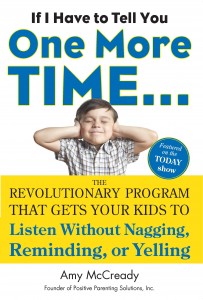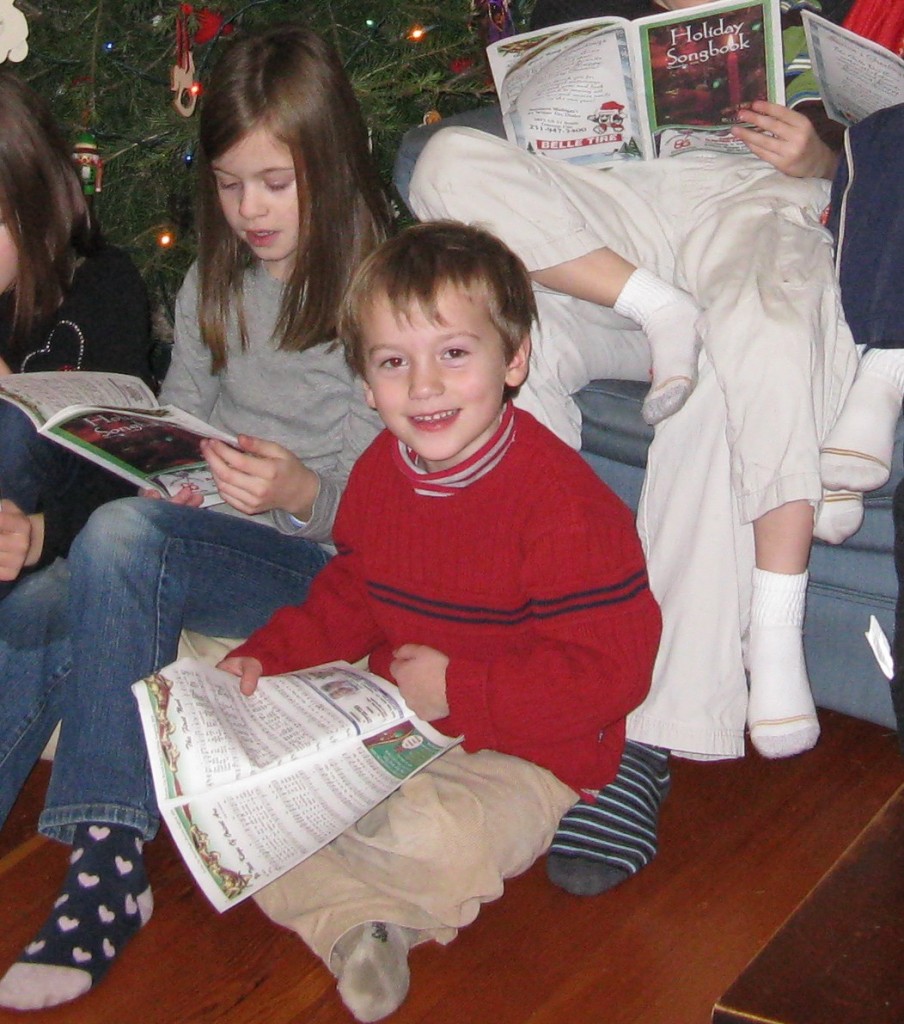A World of Books and Children
Search and enjoy 8 years of posts chock-filled with ideas from It’s OK Not to Share and beyond.
I was told by my wonderful blog mentors, that an active blog should appear at least once a week. Well, I just violated that -- on purpose. It was the holidays and time for some downtime.
Our family spent part of the time tucked in a cabin in the Hocking Hills. There the cliffs block out cell service. When's the last time you were with friends or family and someone wasn't fiddling with a smart phone or electronic gadget?
We all need this precious downtime.
The social media world brings us connection but also a constant barrage of messages. We can't possibly keep up. We're always behind. Not only that, but it fragments our thinking into little bits of time.
Downtime helps us reconnect with ourselves. A break in routine gives us space to examine it. Space to remember our true selves and set new goals.
Downtime gives us space to think. As an author, people often ask me "where do you get your ideas?" The answer is simple. Walking. Hiking. Being alone outside. I got the idea for my current children's middle grade novel while cross-country skiing with my dad two years ago. Many months of starlighting later (=getting up at 5 or 6am), it's now nearly done. We can fit work into small amounts of time, but thoughts need space to wander. Downtime lets our unconscious roam.
Downtime adds rhythm to our lives. If we're always "up" we miss life's cycles. Holidays, family times, simple breaks in the pattern. The new year only feels like a New Year if you make it.
Children need downtime, too.
Unfill your kids' days. Make no plans for after school. Enjoy empty weekends - or at least empty mornings. Allow them so much time they are 'bored.'
Watch empty time transform. My oldest son announced he had nothing to do last week. He started fidgeting with magnets. Soon he'd expanded the magnet play into an entire game of 'magnet monopoly' played with various objects on a cookie sheet. He was enthralled with his new game and played it for two hours. When we don't focus on filling our children up, the spark inside them will have a chance to shine.
Let kids discover themselves. Kids need time to spend getting to know themselves. Time alone. Time with their own interests. Time engaging that small voice inside that is growing and developing and telling them who they are. They need time to listen to its whisper.
The New Year is here. I'm back in my routines - much happier than when I left them. The world may not slow down, but we all need to take the time to withdraw. To think. To learn. To listen.
When was the last time you disengaged from phone and email? How long have you ever gone without contact with your regular world?
One thing I’ve realized being the author of a parenting book, is you get to know authors of other parenting books. One who reached out to contact me was Amy McCready, author of If I Have to Tell you One More Time...
I’ll admit, as a renegade parenting author, I’m a bit leery of parenting books. After all, mine is focused on upending many of our most cherished parenting conventions (sharing, saying ‘sorry,’ not hitting). But I like Amy’s book.
She has sound advice. She gives parents options besides yelling, and bases her ideas on respect, effectiveness and good communication patterns. She’s a reformed yeller herself, and much of her book is inspired by Adlerian psychology.
Here’s a sampling of what you’ll find inside –
- Getting out the door in the morning
- How to avoid “Special Services” (getting cereal for your capable 4-year-old)
- Sibling rivalry and conflict mediation
- Family Meetings
- Allowances and chores
- Escaping from bad parent-child patterns of behavior
But what I like most about Amy’s book is her excellent section on praise. My book contains a chapter called “Stop saying ‘Good job!’” It wasn’t the hardest chapter to write (social rejection was), but I found it tricky to explain to my editor why she shouldn’t lavish praise on her four-year-old. “But I want him to grow up feeling good about himself!” she said.
That’s the thing. We care about self-esteem, but praise (especially too much praise) does the opposite.
Many books and studies have backed up the notion that encouraging effort, persistence and improvement is better than slapping on the praise (research by Carol Dweck at Stanford; Alfie Kohn’s Punished by Rewards: The Trouble with Gold Stars, Incentive Plans, A’s, Praise and Other Bribes; and also Nurture Shock by Po Bronson and Ashley Merryman). But how to do that?
Amy’s the first one I’ve seen who really nails it. She lays out the praise argument beautifully and gives you clear steps on how to change from a praise-giver to an encouraging parent.
It’s tricky to recognize the nuances of praise. Sometimes it seems disguised. But Amy shows how it’s all about focusing on the child’s effort and internal motivation.
That’s why I love her Encouragement-versus-praise Quiz.
- “I like the way Sara is sitting quietly.”
- “I’m proud of you.”
- “You’re so smart.”
- “You must really feel proud of yourself!”
- “You’re the cutest.”
- “Look how far you’ve come.”
She helps us take off our blinders and see which of these phrases are helpful encouragement and which are destructive praise. For after all, as Amy reminds us, the dictionary definition of encouragement is “to inspire with courage, to spur on”
A young child who is constantly praised is likely to look to her parents for approval. But that changes as the child grows. Soon she’s a teenager who has no internal compass. Amy explains how you’re training a teen who looks to her crowd for approval. “Teenagers raised on praise develop few long-term skills for deciding whether or not to cheat on a test or accept alcohol at a party. All they’ve learned is to go along with whatever the crowd wants.”
She acknowledges it’s hard to change all at once. Her book advises posting sticky notes with words you want to say around the house and watching for personal pride inside your child. When you see the glow inside, you’re probably using excellent encouragement.
So check out Amy McCready’s book: If I Have to Tell you One More Time…the revolutionary program that gets your kids to listen without nagging, reminding or yelling (now out in paperback). She has a terrific blog and runs parenting coaching, too. And, if you’re still mystified by the title of my book, you’ll find my guest post there all about why it’s OK not to share.
Do you think we’re over-praising kids now? Were you raised with lots of praise? What’s one phrase you find yourself saying (or hearing) too much?
"You must know that there is nothing higher and stronger and more wholesome for life in the future than some good memory, especially a memory preserved from childhood, of home. People talk to you a great deal about education. But some good, sacred memory preserved from childhood--that is perhaps the best education. For if a man has only one good memory left in his heart, even that may keep him from evil...And if he carries many such memories with him into life, he is safe for the end of his days."
~ Fyodor Dostoyevsky, from The Brothers Karamazov
This is the season of presents, but it needs to be the season of presence. Our children benefit from the surprise and joy of a few well-chosen gifts, but most of all they benefit from the memories we help them build.
My most cherished seasonal memories are the carol singing parties my parents began hosting when I was very small. We gathered more people than could properly fit in our house and sang for hours around the piano. Sometimes the living room would hold 70. Young kids would fall asleep and go home to bed. Stalwart singers branched into Czech, Polish, German, French and Latin carols and kept singing until midnight.
When my son was three, we started hosting our own carol singing party. Our living room is even a tighter squeeze, but we still can fit 35 people sharing joy through music. It's safe to say it's always the highlight of the season.
My children are building memories. Already they play "carol party" and sing from songbooks to each other (my youngest one sometimes holding the book upside down). I'll bet this is what they'll think of years in the future. Someday they may host the third generation of carol parties.
On the other hand, too many toys can be a burden to children. They get overwhelmed. Their rooms get cluttered. The joy of surprise that a gift brings is something to be treasured, not overdone. We need to share time with our children--our presence-- more than we need to find one more toy.
Parenting is many things. One of the most important is building memories. Memories of shared experience, of presence, of joy.
So what do you think? Does Dostoyevsky's line about memory versus education ring true? How do you focus on creating presence in daily life or at the holidays?



